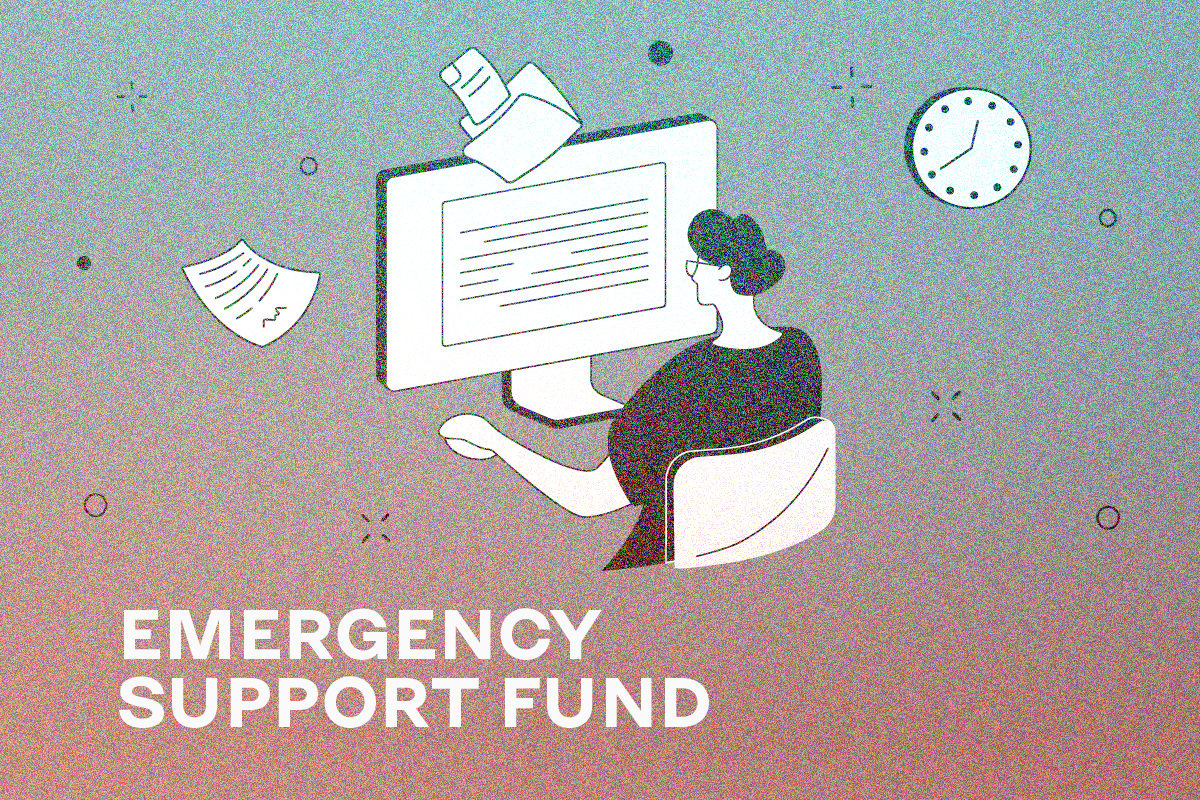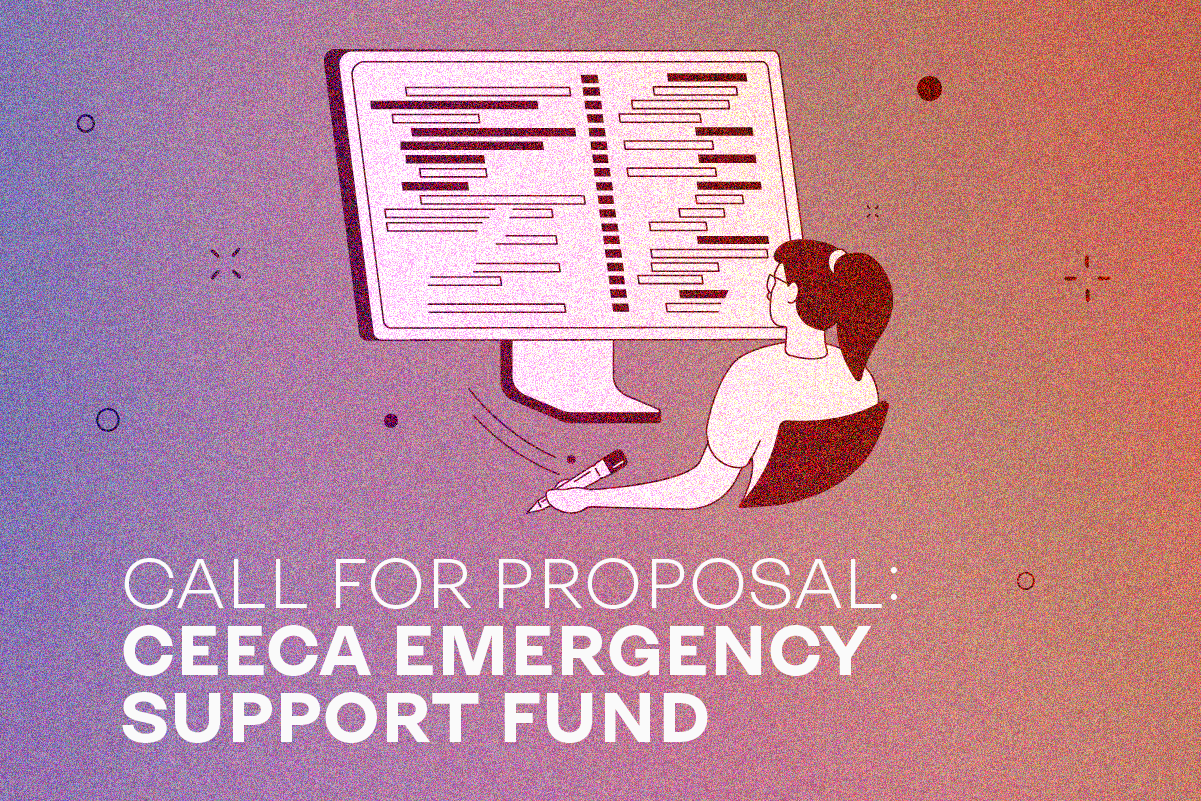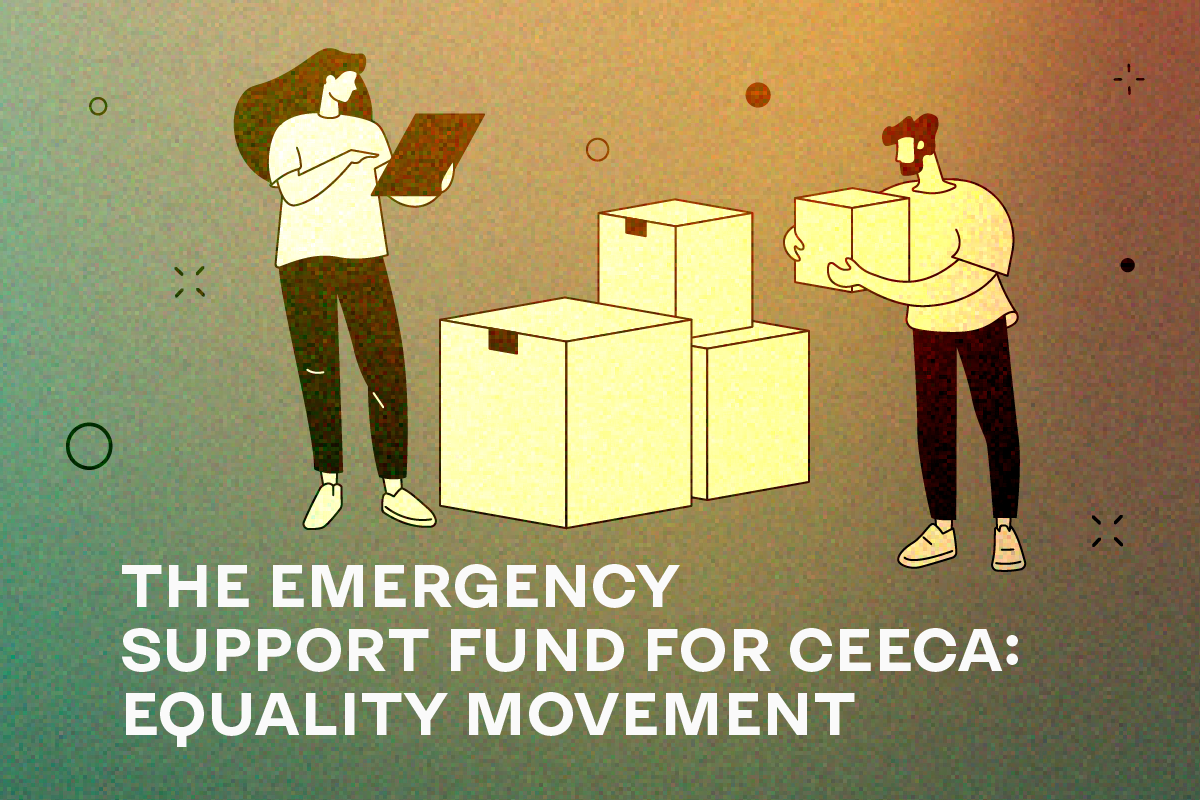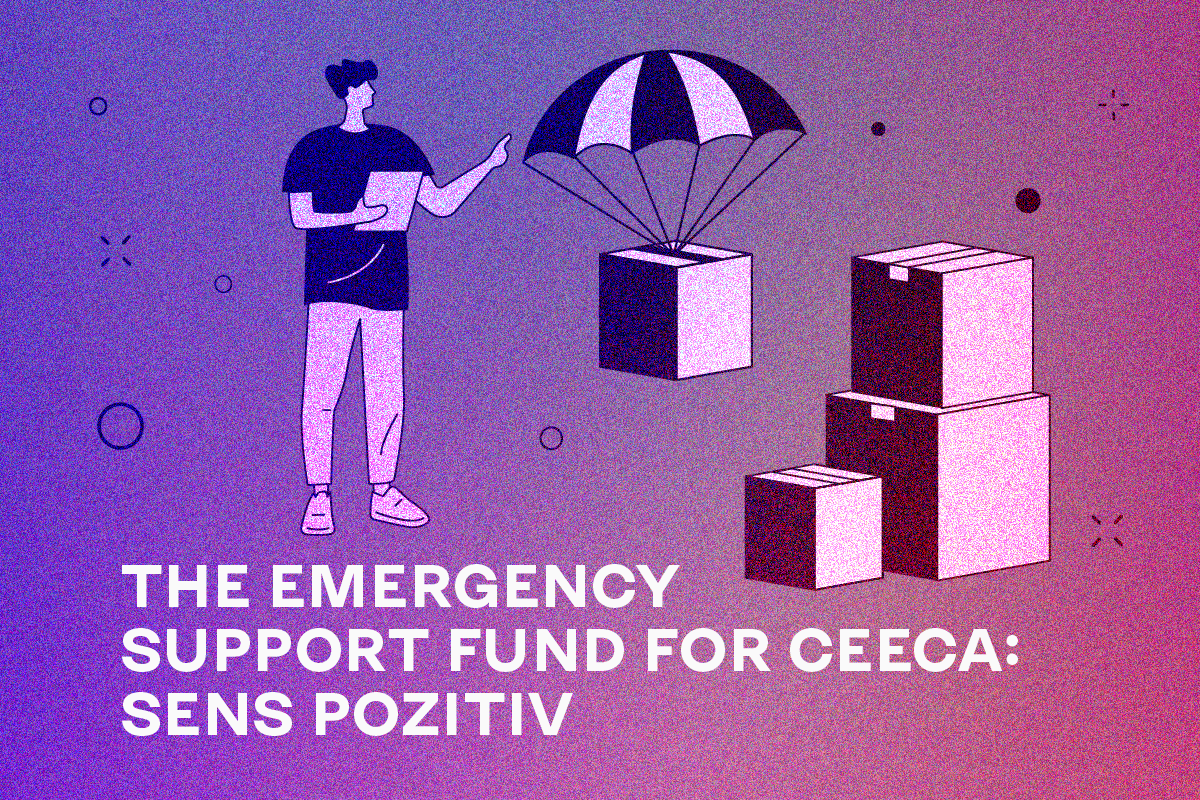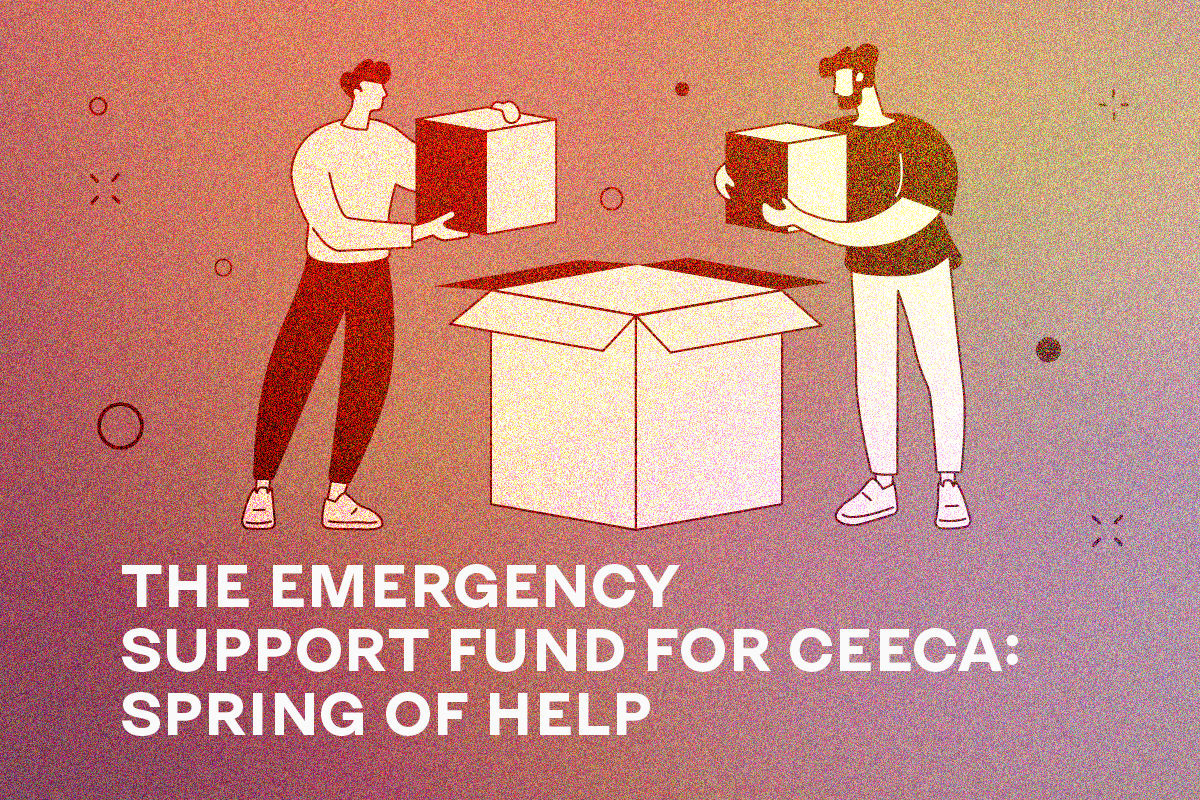ECOM — Eurasian Coalition on Health, Rights, Gender and Sexual Diversity (ECOM) in partnership with the organizations Aidsfonds (Netherlands) and the ICF Alliance for Public Health (Ukraine) continues to implement a program aimed at reducing the negative impact of the Russian war against Ukraine on the access of key populations (KP) to HIV services and humanitarian aid in the region of Central and Eastern Europe and Central Asia (CEECA).
In the fourth round, 61 applications were received, of which 12 projects from 8 countries of the EECA region received support: Georgia (organizations based in Georgia but working in the EECA region), Kazakhstan, Kyrgyzstan, Lithuania, Moldova, Poland, Tajikistan and Estonia. The total funding amounted to 380,000 euros.
These are the main areas of activity of the supported projects:
- Providing services to key populations in migration (11 projects).
- Establishing and maintaining measures to change laws and procedures that prevent discrimination against people living with HIV and key populations (1 project).
The projects cover various groups of beneficiaries, including:
- people living with HIV affected by tuberculosis (4 grants);
- trans people (8 grants);
- LGBT people and men who have sex with men (MSM) (10 grants);
- sex workers (6 grants);
- people who use drugs (5 grants);
- women living with HIV (5 grants);
- people with disabilities (2 grants);
- adolescents and young people vulnerable to HIV (2 grants).
The most common activities within the supported projects include:
- Providing psychological support to maintain the psycho-emotional well-being of key populations in migration;
- Providing medical assistance;
- Providing legal assistance;
- Providing social support.
“In addition to the war, shrinking civic space and growing anti-gender and anti-human rights movements, the region faces another major challenge: reduction in funding from the US and other donors. This has already caused many vulnerable organizations to close. The call for proposals once again highlighted how crucial funding is: we received a huge number of applications, most of which were aimed at ensuring access to essential services. The people at the heart of our work are increasingly left without the medical and social support they need,” notes Uluk Batyrgaliev, project coordinator.
It is important to note that the Emergency Support Fund also includes the Evacuation Fund for organizations that need to relocate to other countries for safety reasons.
ECOM continues its work to support key populations in the EECA region, especially in the context of increasing pressure and deteriorating human rights situation in a number of countries in the region.


